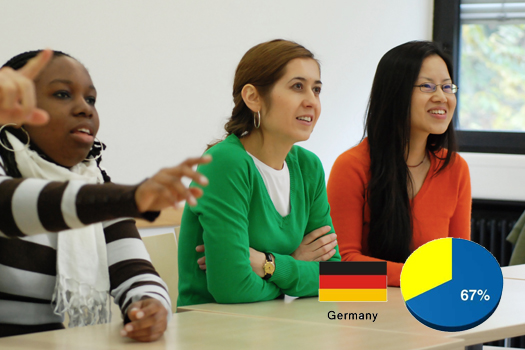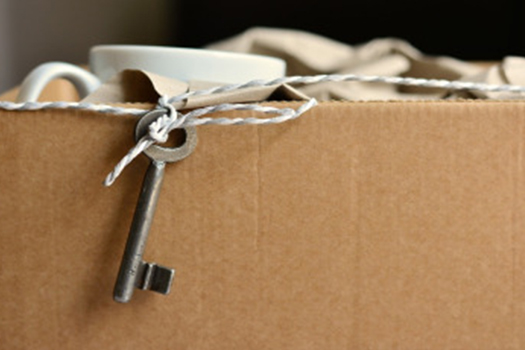Munich is a city in Germany that is loaded with footpaths, made especially for cycling. Not only you get fresh air, but cycling on those clean footpaths are also a great way to exercise! That’s the reason a lot of people own bicycles in the capital of Bavaria, making the city absolutely free from dust and pollution.
When it comes to describing your bike in German, you may face a little bit of complexity if you don’t speak German. However, if you’ve taken a German language course in cp, these phrases would look similar to you. So take a look at the types of bicycles in German and add them to the list of your newly learned German language techniques:
The Germans use English terms to describe the types of bikes they own. For example,
- E- bike is what Germans call for an electric bike
- The word mountain bike loses the space between them making it “mountainbike”,
- The same is the case with city bike, which becomes “citybike”.
- Children’s bicycles in German are called kinderfahrräder.
Now that you are familiar with the types of bicycles, here are some basics that you need to go through to actually describe the elements of your cycle in German along with the forms of Gender they take:
- Fahrrad is the German word for bicycle. (das/die)
- Germans describe the tyres of a bicycle as reifen. (der/die)
- The German word for the cycle break is Bremse. (die)
- Pedals are called Pedale in German. (das/die)
- The chain in German is called (die)
- Saddle takes the word (der)
- The German word for bicycle light is Fahrradlicht. (das)
- Lenkrad oder der Lenker is the German word for handlebar of a bicycle. (das)
- The gears of a bicycle are called Gangschaltungen in German. (die)
Imagine your bike has broken down and it needs repair. When you go to the mechanic, he is a German locale and doesn’t understand a bit of English. What would you do? How would you describe the problem in the mechanic’s language? Don’t worry, as here is a list of adjectives to help you describe the problem.
- If your bike is rusty- Rostig
- If your bike is flat- Platt
- If your bike is broken- Kaputt
- If your bike is unstable- Unstabil
- If your bike is uncomfortable- Unbequem
- If your bike is old- Alt
How to describe the problem using these adjectives:
- Mein Fahrrad ist kaputt – My bicycle is broken
- Meine Kette ist rostig- My chain is rusty
- Mein Sattel ist unstabil – My saddle is unstable
- Meine Reifen sind platt – My tyres are flat
- Mein Sattel ist unbequem- my saddle is uncomfortable
- Meine Pedale sind zu alt -My pedals are too old
Once you know how to describe your cycle in German, you can easily converse with people about your bicycle and enjoy a ride without technical difficulties. If you are heading to Germany, we recommend you to be well versed with the German language. Learn German from the Best German Language Institute in Delhi and pack your bags for an adventurous holiday! Guten tag!




